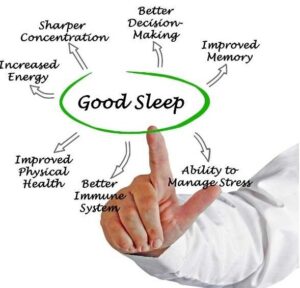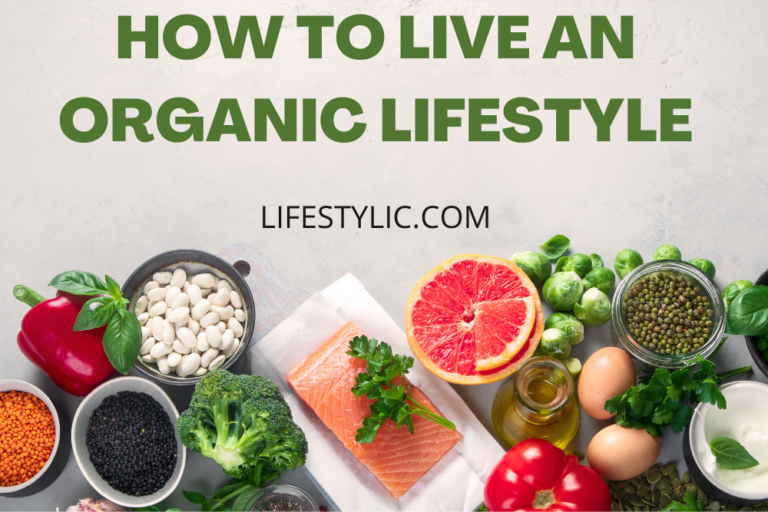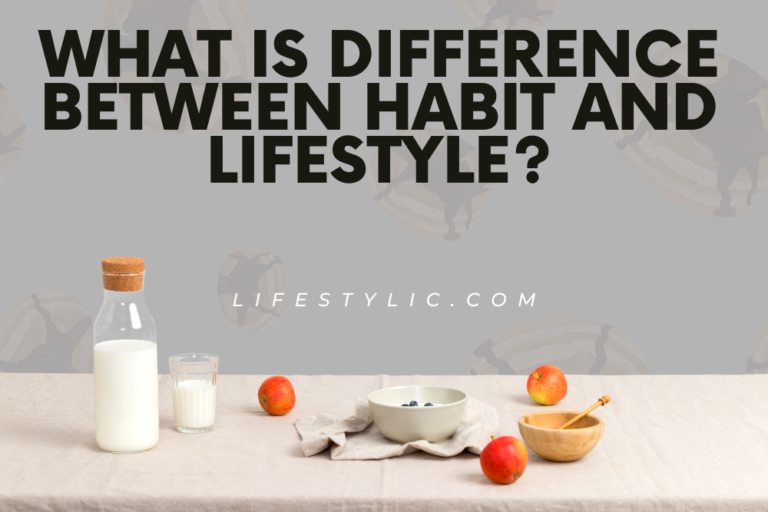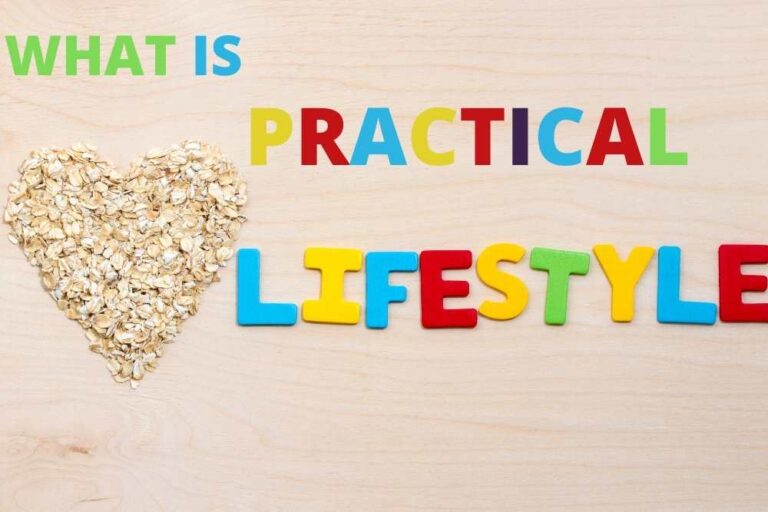What Are The Three Keys To Good Health?
Good Health depends on Physical and Mental conditions. Physical and Mental conditions or health are influenced by our way of living, Eating, Working, eating etc. There are many factors that contribute to good health, such as eating a healthy diet, getting enough exercise, getting enough sleep, environment, way of working, social factors etc. All of these are essential for maintaining our well-being.
In this blog post, we will discuss What Are The Three Keys To Good Health? eating a healthy diet, getting enough exercise, and getting enough sleep, each of these key aspects of good health in more detail. We will provide tips on how to improve your nutrition, exercise, and sleep habits so that you can live a healthier life!
The World Health Organization (WHO) defined health in 1948 with a statement which is still used among modern authorities.
“Health is a state of complete physical, mental, and social well-being and not merely the absence of disease or infirmity.”
Further explanations were given by the World Health Organization (WHO) in 1986:
“A resource for everyday life, not the objective of living. Health is a positive concept emphasizing social and personal resources, as well as physical capacities.”
1. Eat A Balanced And Healthy Diet
Eating a balanced and healthy diet is one of the most important things you can do for your health. A balanced diet includes eating a variety of foods from all food groups, including fruits, vegetables, whole grains, low-fat dairy, and lean protein.

Eating a balanced diet provides your body with the nutrients it needs to function properly. Nutrients including vitamins, minerals, antioxidants, and fiber help protect your body against disease and improve your overall health and daily life.
A healthy diet is also important and essential for maintaining a healthy weight. Being overweight or obese increases your risk for developing chronic health conditions such as heart disease, diabetes, and certain types of cancer.
If you are unsure how to eat a balanced diet, there are many resources available to help you. Your doctor or a registered dietitian can provide you with information and guidance on how to make healthy food choices. There are also many books and websites that offer tips on eating a balanced diet. You can find these books on Amazon very simple way.
A healthy diet is important for several reasons. It can help you maintain a healthy weight, have more energy, and avoid diseases.
There are several different types of diets, but they all have one thing in common: eating healthy foods. Healthy foods include fruits, vegetables, whole grains, lean proteins, and low-fat dairy. Unhealthy foods include processed meats, sugary drinks, and refined carbohydrates.
You don’t need to diet to be healthy; you can make small changes to your eating habits that will make a big difference. For example, eat an apple instead of candy for a snack, or drink water instead of soda.
2. Exercise Regularly

There are countless benefits to exercising regularly, including reducing your risk of chronic diseases, improving your mental health, change your body posture or image and increasing your lifespan.
But how much exercise do you need or requirement to reap these benefits? The answer may surprise you: according to the Centers for Disease Control and Prevention (CDC), adults should get at least 150 minutes of moderate-intensity aerobic activity or 75 minutes of vigorous-intensity aerobic activity per week. That may sound like a lot, but it can be broken down into small chunks of time: for example, 30 minutes of moderate-intensity aerobic activity five days per week.
Exercise is essential for good health. It helps to maintain a healthy weight, strengthens our bones and muscles, and reduces the risk of many chronic diseases. However, it is important to find an exercise routine that works for you and to stick with it. It is also important to balance your workout with a healthy diet.
So what counts as moderate-intensity or vigorous-intensity aerobic activity? Moderate-intensity activities include walking, swimming, and mowing the lawn. Vigorous-intensity activities include running, playing tennis, and biking uphill.
3. Get enough sleep
Sleep is also critical for good health. It gives our bodies a chance to repair and heal from the day’s activities. Most adults need seven to eight hours of sleep each night. Children and teens need even more.

Getting enough sleep can be a challenge, but there are a few things you can do to make it easier. Establish a regular sleep schedule and stick to it as much as possible. Avoid caffeine and alcohol before bedtime. And create a relaxing bedtime routine that will help you wind down for the night.
There’s no question that sleep is important for our health. We all know that we feel better after a good night’s sleep. But did you know that sleep is actually essential for our physical and mental health?
Sleep helps our bodies heal and repair themselves. It also helps us to maintain a healthy weight, as well as reducing stress and anxiety levels.
So how can we make sure that we’re getting enough sleep?
Below these tips if you follow, you should be able to get the sleep you need to stay healthy and happy. Sweet dreams!
- Make sure your bedroom is dark, quiet, and cool.
- Establish and stick to a regular sleep routine as much as feasible.
- Before going to bed, avoid alcohol and caffeine.
- Avoid working or using electronic devices in bed.
- To keep your body active, get up and move around every few hours.
Conclusion: what are the three keys to good health?
The key to good health is maintaining a balance between nutrition, exercise, and sleep. When one of these three areas is out of balance, it can have a negative impact on our overall health and lifestyle.
If you follow above stated three simple key tips, you will be on your way to good health and enjoy better life. Nutrition, exercise, and sleep are all important pieces of the puzzle. So find a balance that works for you and stick with it. Your body will thank you!






